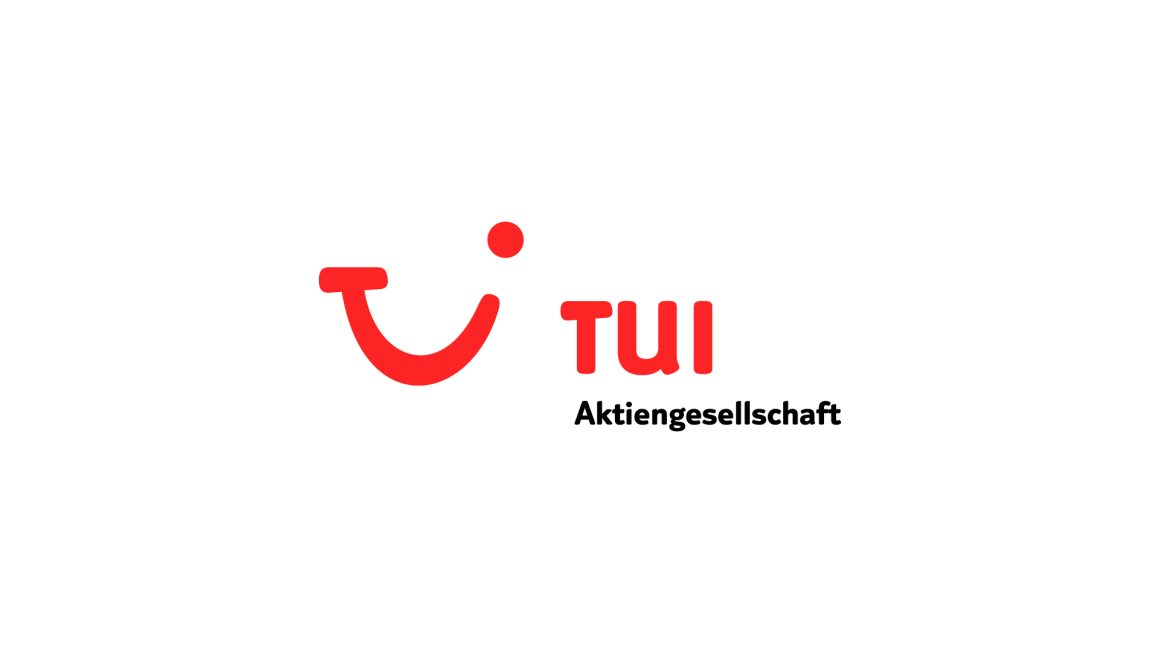In a country where the largest corporations have a nearly perfect record of recruiting CEO successors from within the company or – at the very least – from within the industry, Mr. Friedrich Joussen, the newly-appointed CEO of TUI AG, Europe’s leading tourism company, was a true anomaly. A mechanical engineer by training, Mr. Joussen spent most of his career in the telecoms world, where he played a crucial role in establishing the mobile industry in Europe, and in Germany in particular. But as of February 2013, the former Chief Operating Officer of Vodafone Germany was at the helm of a 73,000-employee travel company, which had a chaotic conglomerate structure and was facing existential threats. TUI’s margins were under tremendous pressure, as the company had just announced the worst quarterly results in the last four years, and its stock price was hovering at near all-time lows. To make matters worse, TUI was beset by serious ownership and governance conflicts, its business model was generally seen as fuzzy, it had a sub-investment grade rating, and the last time the company’s board had issued a dividend to its shareholders was in 2008. Indeed, even though Germany’s DAX index had more than tripled since the outgoing CEO Michael Frenzel began his tenure in 1994, TUI’s share price and dividend payments had barely moved over this period. A lot was riding on this industry outsider’s appointment, as tensions among shareholders were running high, and there was no time to lose in tackling the company’s pressing problems.


